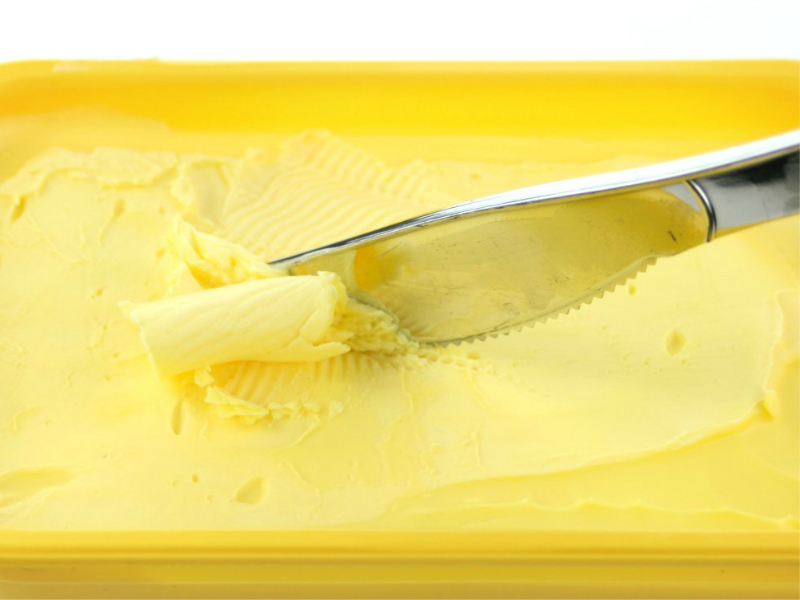Every so often, a controversy or scandal about kosher food makes headlines. It could be a less-than-friendly rivalry between supervision agencies, a contention over the granting or withdrawal of certification or a grievance that someone has. As I was writing this column, it was reported that a judge awarded damages against a company for placing an unauthorized COR logo on its line of cake and pancake mixes – including devil’s food cake, of all things.
But why should there ever be an issue, given that kosher rules are pretty straightforward? Don’t mix meat and milk and eat only certain types of animals that have been properly slaughtered. It would seem that problems arise in the application of these clear-cut rules in the real world, where personalities and subjectivity come into play. Also, businesses are all about making money and they sometimes want the status of being kosher, without having to pay for it.
Could such conflicts be avoided if there wasn’t any kosher supervision? Why isn’t it good enough to just look at the ingredients on the packaging?
I discovered the answer to that question while serving in my first pulpit position in Edmonton. I was retained to inspect an edible-oil manufacturing facility somewhere out on the prairies. Both canola oil and non-kosher animal fats were processed, using separate equipment, but in the same plant. Strict rules were in place to ensure that never the twain shall meet, but some of the non-kosher products were made using canola oil that was run through the non-kosher machinery.
One time, my wife accompanied me on an inspection. She asked the non-Jewish plant manager, “If I bought a bottle of canola oil marked ‘pure’ in the supermarket, can I assume it’s kosher?” “Absolutely not,” he responded, “It went through the same equipment that we use for fat from pigs and cows.”
That’s why reading a product label isn’t good enough. But what if the manufacturer deals only in kosher products? What can go wrong? A couple of years later, in another community, I learned the response to that query.
READ: VALE: A UNIVERSAL LESSON FROM THE HOLOCAUST
The shul there didn’t allow any home-cooked food. The sole exception was for an elderly woman who had been grandfathered in (bubbied in?). She prepared baked goods in a separate kitchen in her house. The one provison was that the rabbi had to inspect the ingredients before she used them, which she resented. One time, I showed up late and found slabs of margarine sitting on a table. The woman declared, with a touch of derision in her voice, that she was unable to wait any longer for me and, if I so wished, I could inspect the packaging that was now in the garbage can. I did so and found that the margarine was dairy. That was a problem since the baked goods were meant for a meat dinner.
It was obviously an innocent mistake on her part, but it was a teaching moment. She was somewhat embarrassed and much the wiser as to the importance of having another set of eyes.
People who are serious about keeping kosher do not rely on reading the list of ingredients. Nor will they eat in a restaurant because its name or décor seems Jewish. Rather, they look for the kosher symbol. It’s their assurance that someone has checked things out for them. That peace of mind far outweighs the occasional controversy.
